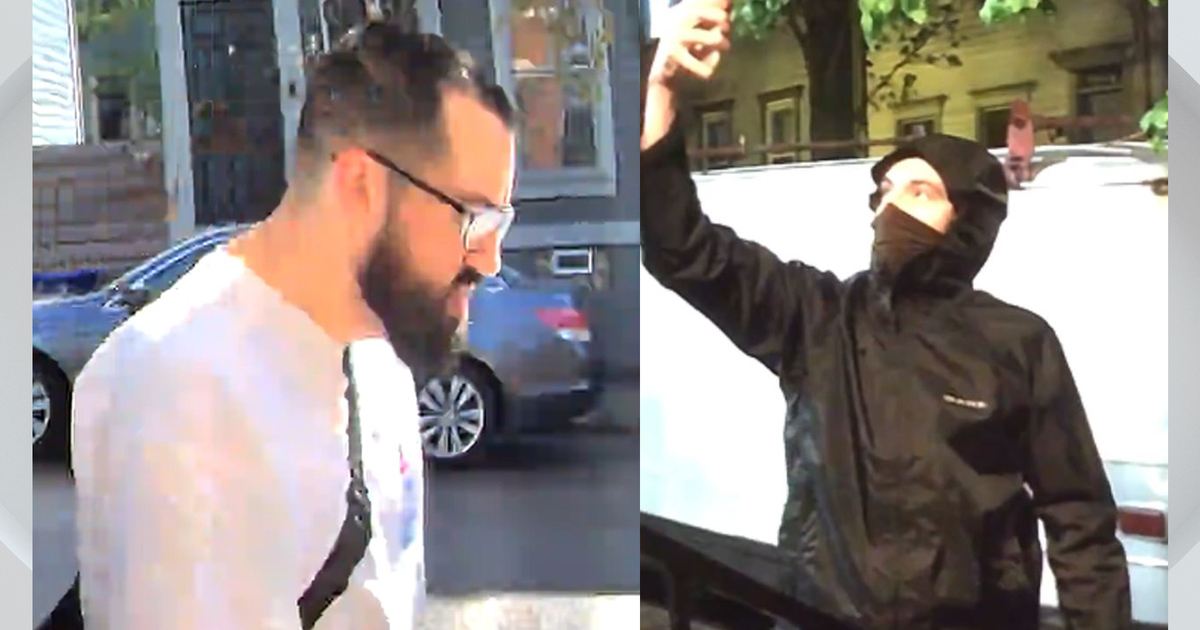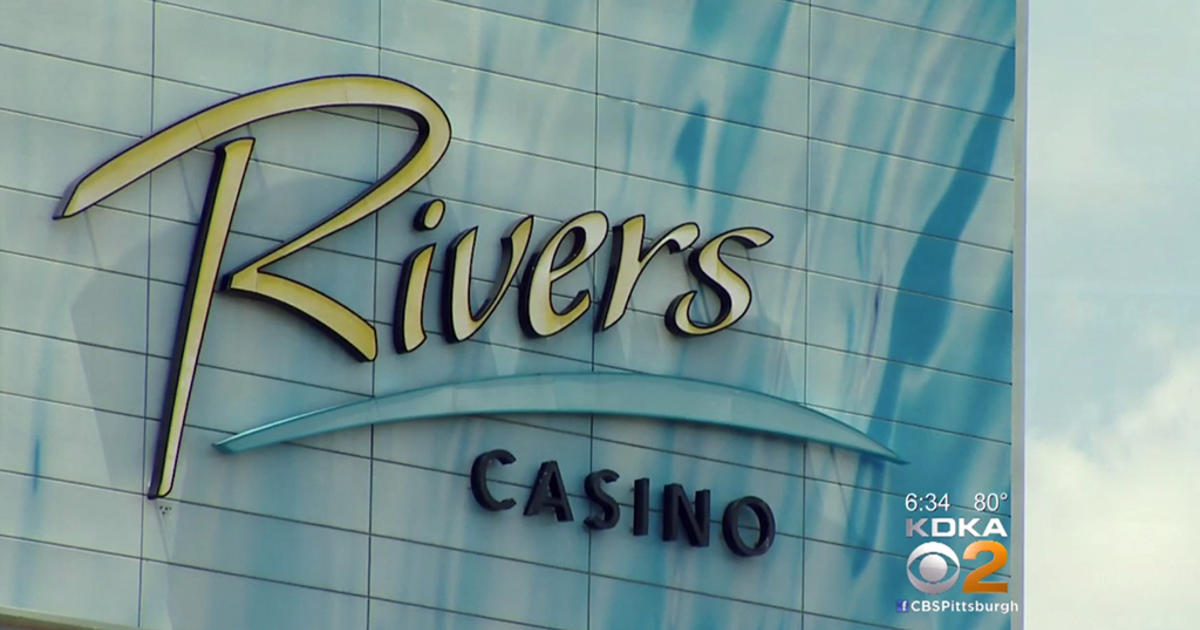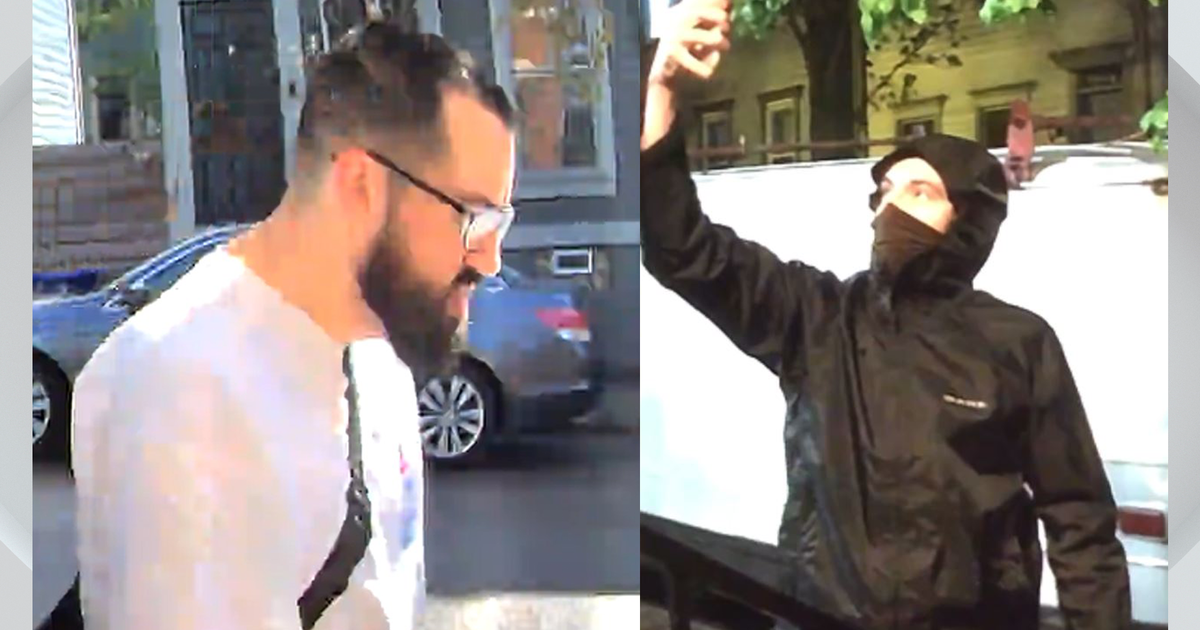Researchers At Pitt Working To Safely And Quickly Develop COVID-19 Vaccine
PITTSBURGH (KDKA) - Two weeks ago, coronavirus -- specifically COVID-19 -- arrived in Pittsburgh. Two tiny vials less than two inches tall and a quarter inch around contain roughly 50 million viruses. Now, researchers at the Center for Vaccine Research (CVR) on the campus of the University of Pittsburgh are growing coronavirus.
"It's significant in the sense that, that's this is start of the process by which we are able to determine how to stop growing it," explains Dr. Paul Duprex, PhD, the director of the CVR.
Some people have expressed concern that something as dangerous as coronavirus has been shipped into the city. Duprex wants to assure the public the reason it is here is because they are equipped to safely handle, culture and grow the biological.
"We're a local community, and our responsibility is to explain to individuals that we will work with this virus safely. We have all of the facilities," says Duprex.
The facility at the University of Pittsburgh is authorized to handle Biological Safety Levels 1, 2 and 3. The higher the BSL number, the more dangerous the disease.
It also means there are more precautions that must be taken. It is much more than wearing rubber gloves and working under massive hoods designed to constantly move and filter air.
Researchers at the Centers for Vaccine Research work with coronavirus, SARS, and MERS -- among others. In the BSL3 laboratory, they wear full protective suits. The air they breathe comes from a self-contained breathing apparatus.
For those who work in the shadows of Pittsburgh research giants like Dr. Jonas Salk, who invented the vaccine for polio, these standards are second nature.
"Every day as you suggested builds upon what we did the day before," says researcher Theron Gilliland. "Really if we can see a direction forward, then we feel successful."
Duprex knows he is working on the shoulder of giants.
"Because we have the history of infection biology at the University of Pittsburgh, which is really exceptional," he says. "Viruses have been discovered here. Vaccines have been made here."
RELATED STORIES:
- What You Need To Know: Latest Coronavirus Information From Pennsylvania State Health Dept.
- Pa. Health Dept., Local Hospitals Lay Out Plans For Possible Coronavirus Spread
- Vial Of Coronavirus Coming To Pitt's Center For Vaccine Research Lab
- University Of Pittsburgh Holds Session To Dispel Myths About Coronavirus Outbreak
- Coronavirus Could Cause Shortage Of Products And Rising Prices At American Retail Stores
- Local School Districts Receiving Guidance On Coronavirus From Local Health Officials
The world is watching, yet they know the work must be done safely.
Duprex knows his lab is one of the safest places in the world.
"Risk is negligible. I didn't say zero. I said, negligible," he says.
When pressed if that is possible to keep that threat level "negligible," without missing a beat, he said "That is absolutely essential."
As the number of Coronavirus cases grows, Duprex says they must remain vigilant in doing good science. Speed is not the most important factor.
"Fast is not always good, and we can never compromise safety on the back of wanting to get things done fast because we promised people something which is not realistic."
The reality is their team -- and teams like theirs around the world -- may be facing a long road. When it comes to viruses, finding a "cure" is rare.
"There are only two viruses that have been eradicated," says Duprex. "Both of them took many, many years. We are at the starting blocks. And the gun has been fired for sure. The gun was fired 31st of December, 2019" when the first patients were diagnosed with coronavirus in China.
The race against the clock is on their mind, too -- and time is of the essence as they work to piece together the coronavirus puzzle.



